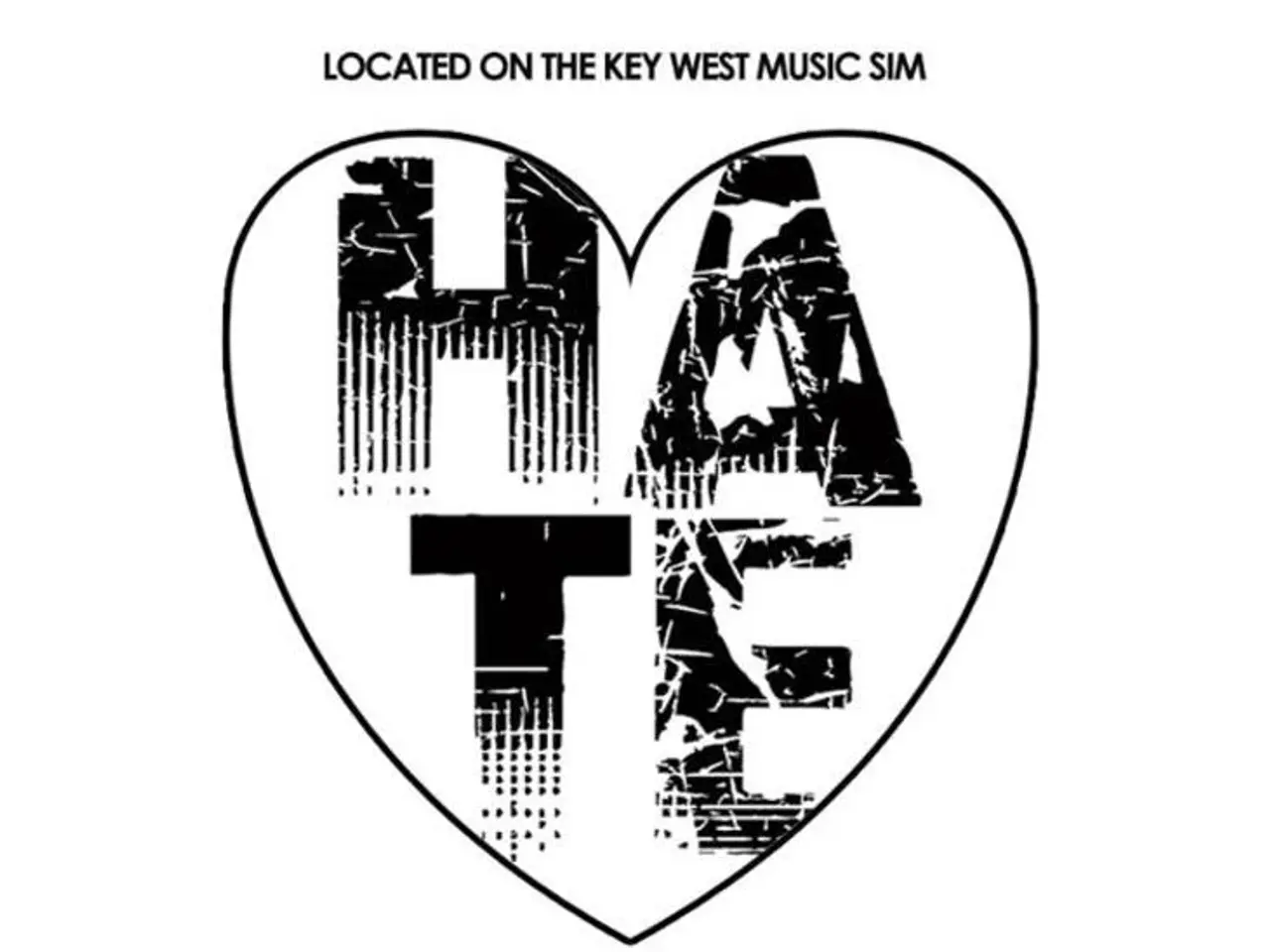Recognizing the Marks of Manipulative Exploitation
Narcissistic abuse, while not an official diagnosis, is a term used to describe the effects of experiencing manipulation from individuals with narcissistic traits. This can include a lack of empathy, gaslighting, and constant criticism, among other signs.
People with narcissistic personality disorder (NPD) or narcissistic traits possess an excessive sense of self-importance, a deep need for admiration, and a lack of empathy. They may engage in self-centered and manipulative behaviors, but it's important to note that not everyone with narcissistic traits will abuse.
One of the most critical steps in healing from narcissistic abuse is rebuilding emotional resilience. This can be achieved through incorporating daily self-care routines, such as journaling, exercise, or meditation, to help reconnect with oneself and restore mental and physical well-being.
Setting clear boundaries is also crucial. This can include cutting off communication to regain a sense of independence, especially if the abuser continues to manipulate or dismiss your feelings. Isolation is another sign of abuse, where the abuser tries to isolate you from friends, family, or other support systems. In such cases, seeking support from others can be beneficial.
Learning to recognise and unlearn patterns of abuse is another key aspect of healing. Cognitive behavioral therapy (CBT) or trauma-focused therapy can be helpful in this regard. Therapy with an experienced narcissistic abuse recovery specialist can also help process emotional trauma and rebuild self-esteem.
Healing from narcissistic abuse takes time and starts with recognising the abuse for what it is and understanding that it's not your fault. Leaving a narcissistic relationship can bring feelings of loss, even though it is toxic. It's essential to allow time to heal emotionally.
Walking on eggshells, love bombing followed by devaluation, and gaslighting are other signs of narcissistic abuse. These behaviours can be confusing and distressing, but understanding them can help in the healing process.
Dr. Ramani Durvasula, a clinical psychologist based in Los Angeles, California, specializes in the psychotherapeutic treatment of narcissistic abuse syndrome. Her work provides valuable insights into the effects of narcissistic abuse and the path to recovery.
With support, therapy, and time, it's possible to regain a sense of self and heal from narcissistic abuse. Tips for healing include setting clear boundaries and practicing self-care. Remember, healing is a journey, and it's okay to take your time.
Read also:
- Peptide YY (PYY): Exploring its Role in Appetite Suppression, Intestinal Health, and Cognitive Links
- Toddler Health: Rotavirus Signs, Origins, and Potential Complications
- Digestive issues and heart discomfort: Root causes and associated health conditions
- House Infernos: Deadly Hazards Surpassing the Flames






